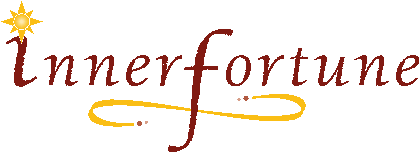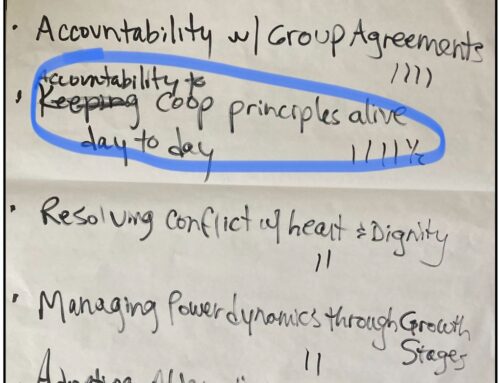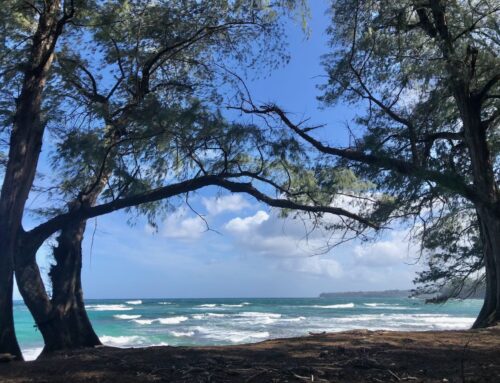Way back when, on May 17, 2004 the state of Massachusetts gave same sex couples the right to marry each other. While this was a monumental victory for the LGBTQ community, unleashing an intense freedom and sense of possibility in the minds, the spirits, and the physical bodies of each person in a same sex relationship in Massachusetts and beyond, one has to wonder about the power that a governing body like the State has over the lives of those who chose to live or work under its authority.
Articles like this from Wikipedia remind us that such governing bodies [shall?] only have authority over that which they are granted by the collective, while this VT Digger article highlights how a state can artfully question the impositions of international authority on behalf of its citizens, and this Slate article delves deeper into the complications of a “higher” Federal authority to refute state sovereignty in the matter of same sex couples.
The will of the people underlies the sovereignty of both the U.S. federal government and the states, but neither sovereignty is absolute and each operates within a system of dual sovereignty. According to the reservation clause of the Tenth Amendment, the federal state possesses only those powers delegated to it by the Constitution (expressly or implicitly), while all other powers are reserved to the unitary states or to the people
Individual and state sovereignty is a critical issue as trepidation and, frankly, paralyzing anxiety continues to sweep over those among us attempting to understand the decimation and willful manipulation of constitutional rights. The Electoral College is described here as a great experiment in self-governance whereby the underdog (small state) voice is balanced with the majority – i.e. why 100 of the 538 members are apportioned equally.
And as people of all colors and creeds build the confidence and strength to choose to redefine power, reclaim authority, and reestablish a sense of community in their lives — real community wherein one feels supported, encouraged, and dare we say loved by members in these self organizing communities, the power a governing body has over them diminishes. When we think critically about why things are the way they are; when we dig deeply into the roots of how decisions are made and power is granted both in our “small” personal lives and on the larger national and global scene, a shift happens. The shift is away from granting decision making authority over our lives to a governing body and toward exploring and expanding upon a deep and lasting relationship with our inner authority.
Questions to Consider:
- How are you, and the actions you take by virtue of your position of authority as a parent, a “boss”, or a leader, perpetuating a power dynamic that may be undermining the inherent sovereignty of others? How might your life be enhanced through the conscious choice to explore this power dynamic?
- And in contrast, how are you, as a child, an employee, or a “follower” perpetuating a power dynamic that may be undermining the inherent sovereignty of yourself? What steps might you take to consciously shift this power dynamic?






